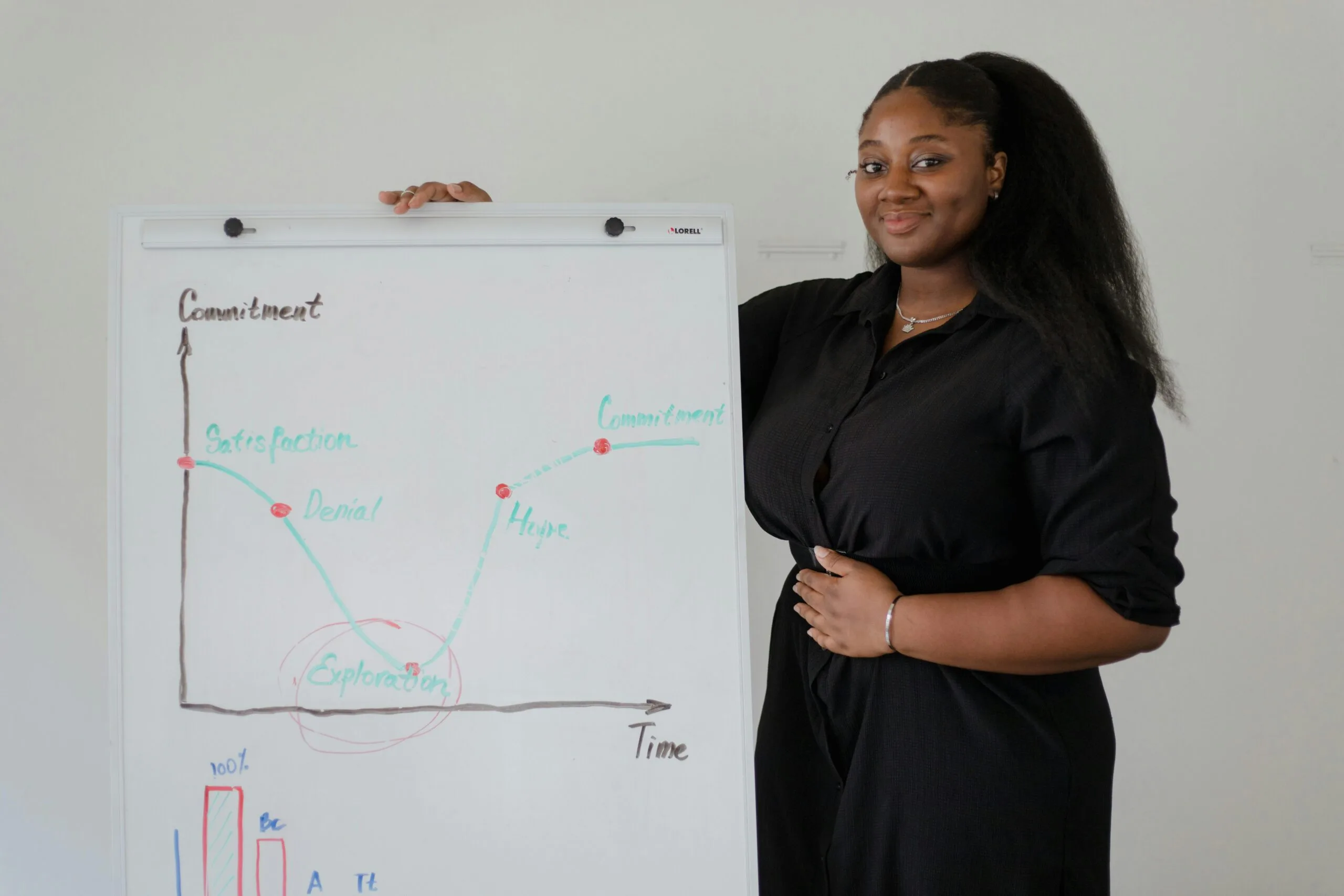Disaster and Risk Management
Today’s development and humanitarian donor interventions are increasingly complex and implemented under disastrous and risky contexts. While many development and humanitarian staff are passionate to implement development and humanitarian donor interventions successfully, they are limited in the knowledge and skills of Disaster and Risk Management. Implementation of Disaster and Risk Management interventions is carried out by different players at different levels from the community to the national level. While some of the players have substantial knowledge base and experience on Disaster and Risk Management, most of the other players require training from time to time on different aspects of Disaster and Risk Management. The knowledge and skills acquired through this training are critical in the implementation of Disaster and Risk Management interventions. This allows for the training participants to apply the knowledge and skills in Disaster and Risk Management to meet the implementation capacity of Disaster and Risk Management interventions.
What Will I Learn?
- Core Concepts of Disaster and Risk Management: Understand the fundamental principles and concepts essential for managing disasters and risks effectively.
- Risk Assessment and Analysis: Learn techniques to identify, assess, and analyze potential risks and disasters in development and humanitarian contexts.
- Strategic Implementation of Interventions: Acquire skills to plan and implement disaster and risk management interventions at community, regional, and national levels.
- Stakeholder Collaboration: Gain insights into the roles and responsibilities of various stakeholders in disaster and risk management, fostering effective collaboration.
- Capacity Building for Disaster Preparedness: Develop the ability to train and empower others to strengthen disaster and risk management capacities.
- Integration of Risk Management in Projects: Learn how to incorporate disaster and risk management strategies into donor-funded projects for improved outcomes.
- Monitoring and Evaluation of Interventions: Master the methods for tracking, assessing, and improving disaster and risk management efforts to ensure long-term success.


